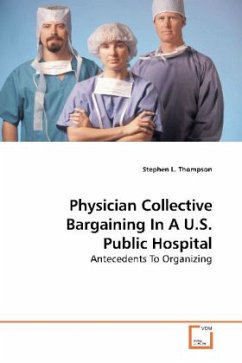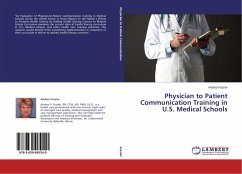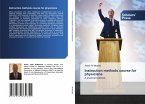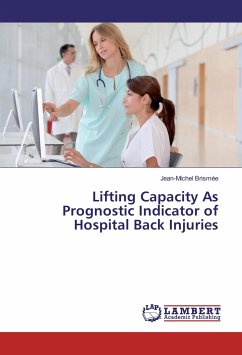This book explores the antecedents to employee physicians at a U.S. Public Hospital seeking to collectively bargain with their employer. The author found that a desire for voice was the number one reason for physicians to desire joining a union, followed by improvement of salaries and working conditions. Union prone physicians had a lower salary on average, felt more dissatisfied with their income, were more likely to feel the effects of work speed up as a result of too many patients, and too little time, less likely to have administrative functions in their job (and consequently a larger patient care role), a strong sense of entitlement to the process of collective bargaining, a belief that unions improve participation in decisions that affect their jobs (reinforcing their number one qualitative reason - voice), and a sense that a union would improve their treatment by supervisors (reinforcing their desire for due process and equity).








